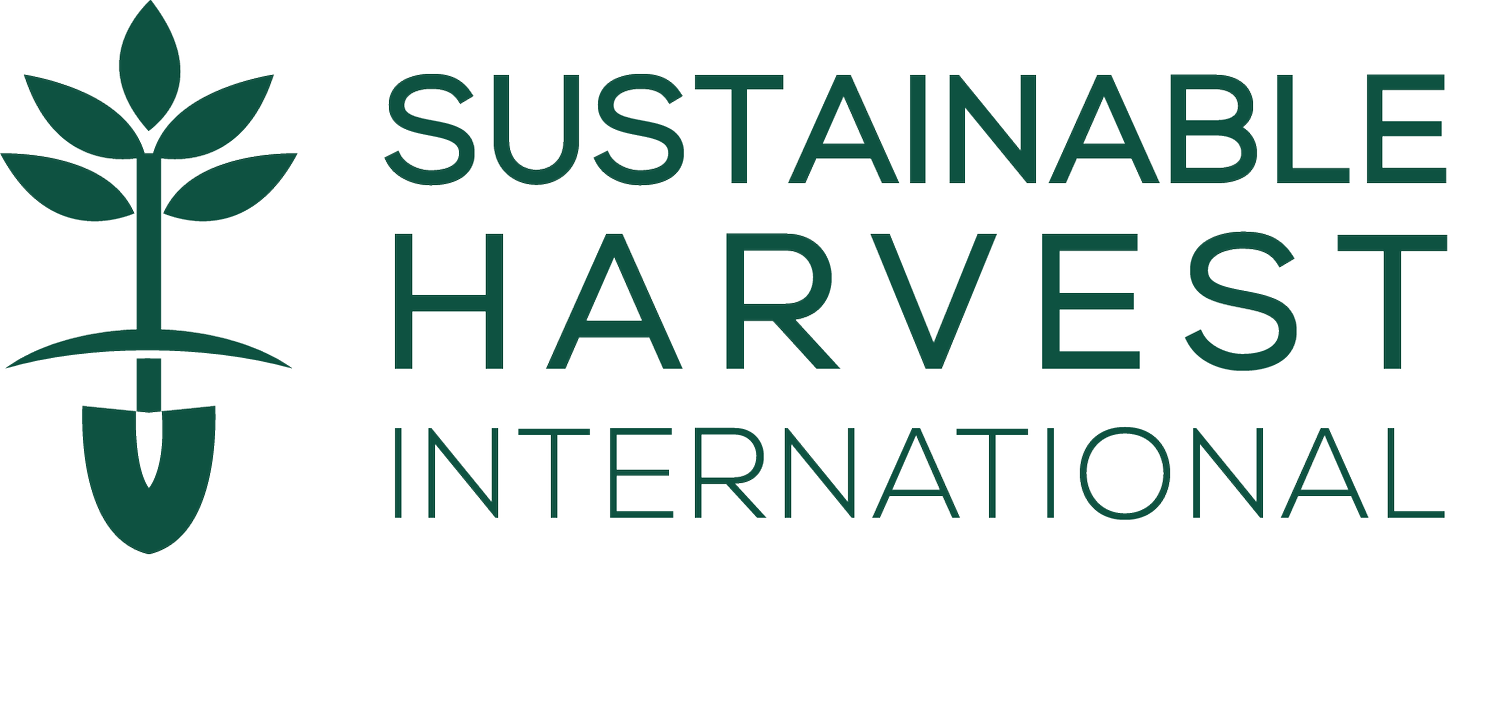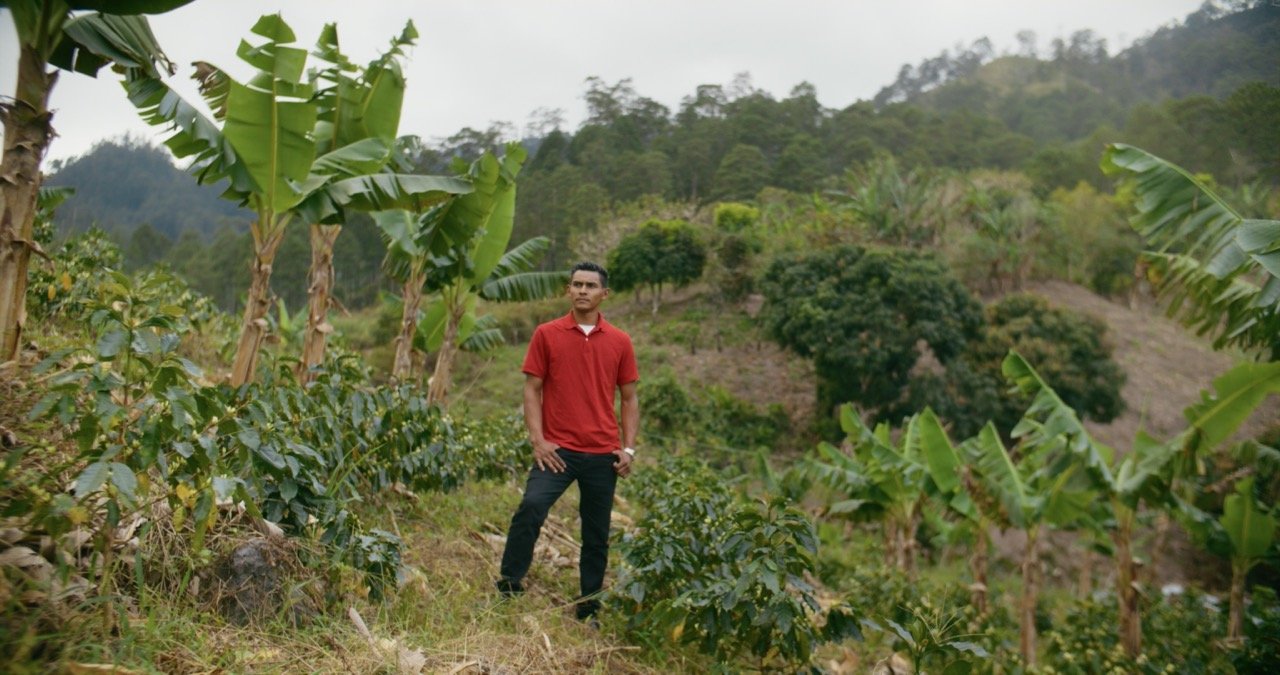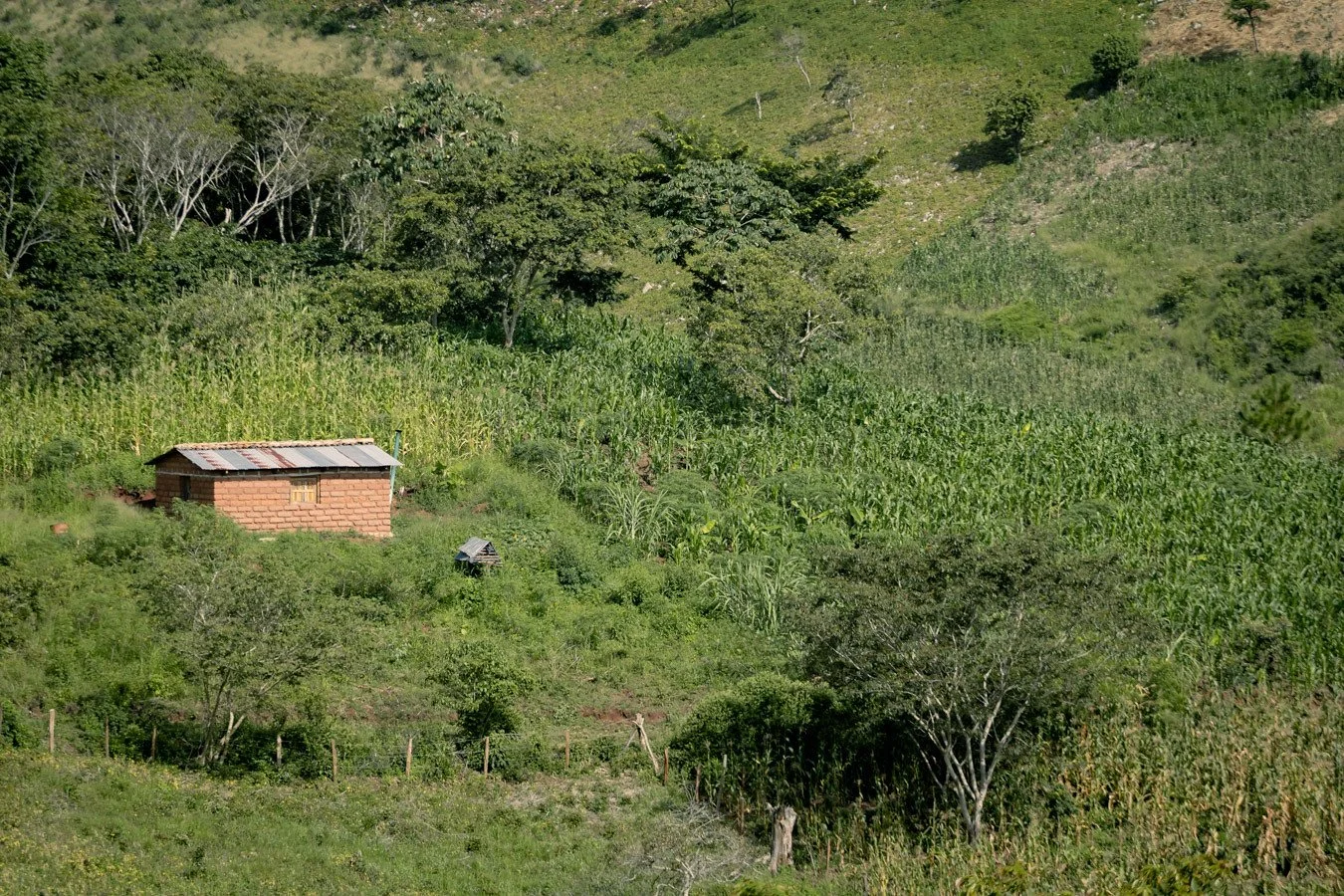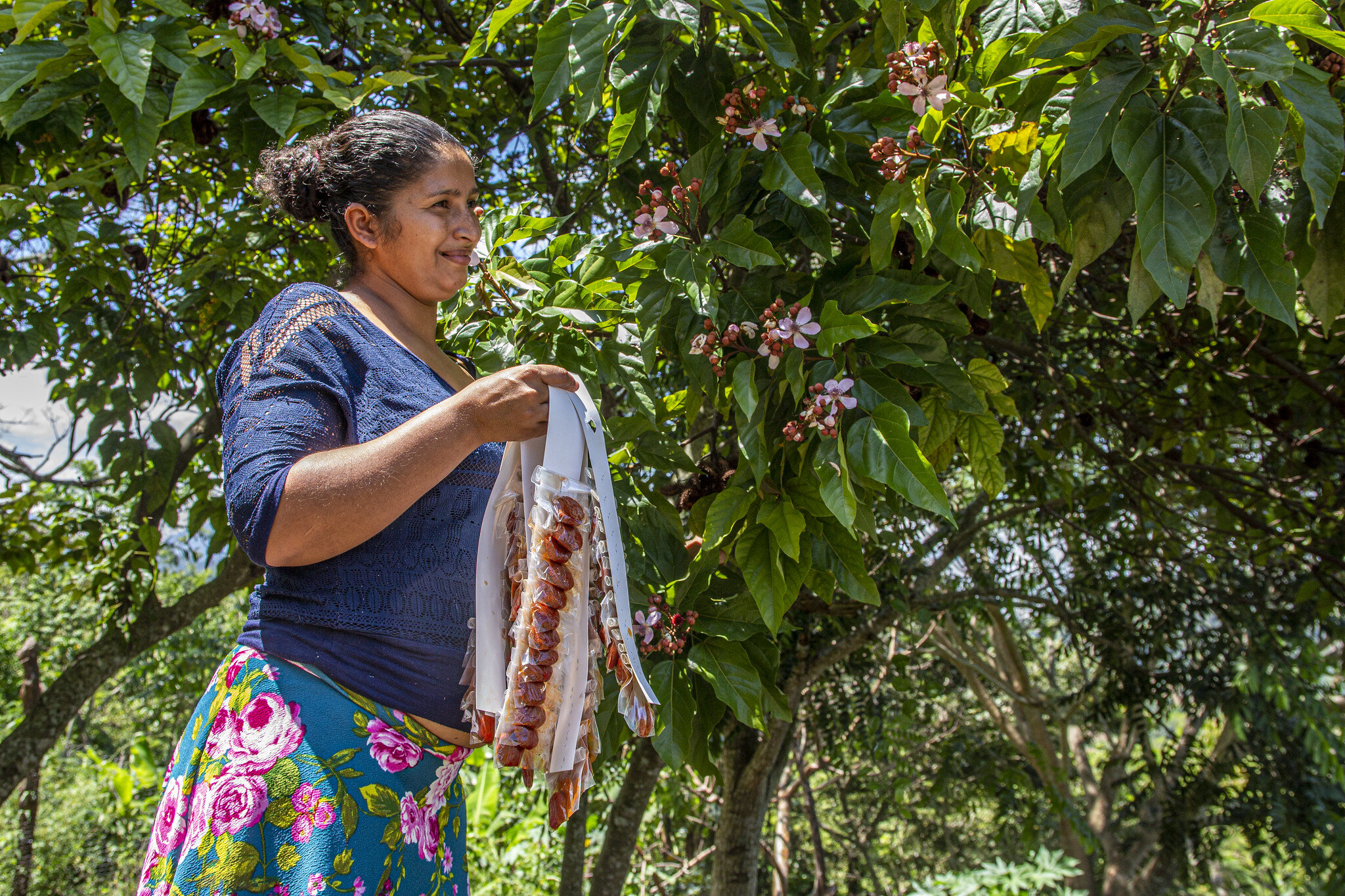Regenerated land
We teach partner farmers how to restore the environment using practices such as:
environmental education,
diversified farm plots, and
reforested areas.
food security
Our efforts to improve food security focus on providing access to nutritious and culturally relevant food through methods such as:
organic vegetable gardens,
grain silos,
irrigation systems, and
humane chicken coops.
climate-SMART technologies
We provides climate-smart technologies to improve families’ health and sanitation while also protecting the environment. Technologies include:
water filtration systems,
solar panels, and
composting latrines.
In addition to supporting farming families, we work with local schools to teach youth the importance of environmental protection and food security.
Youth workshops help us reach more families, amplifying our impact many times over.
Hear From Our Partner Farmers
Rosa Argueta, Honduras
Rosa creates and sells achiote, a paste made from the fruits of the tree behind her, at her local fair in Honduras. Rosa, like many other women farmers, support their families primarily through agriculture. Rosa feeds her family nutritious, organic food, then creates the achiote products with her excess harvest. “It’s a way to make things that we immediately use in our household,” says Rosa. Nothing is wasted, and everyone eats.
Consuelo Galeas, Honduras
Consuelo’s agroforestry parcel and backyard garden now provide enough food for her family that she no longer needs to visit the market. Inspired to turn her success into a business, she learned how to build a chicken coop—and now sells fresh eggs to nearby communities for extra income. “The work is really beautiful,” Consuelo says. “SHI technicians are like family - compassionate and empathetic.”










